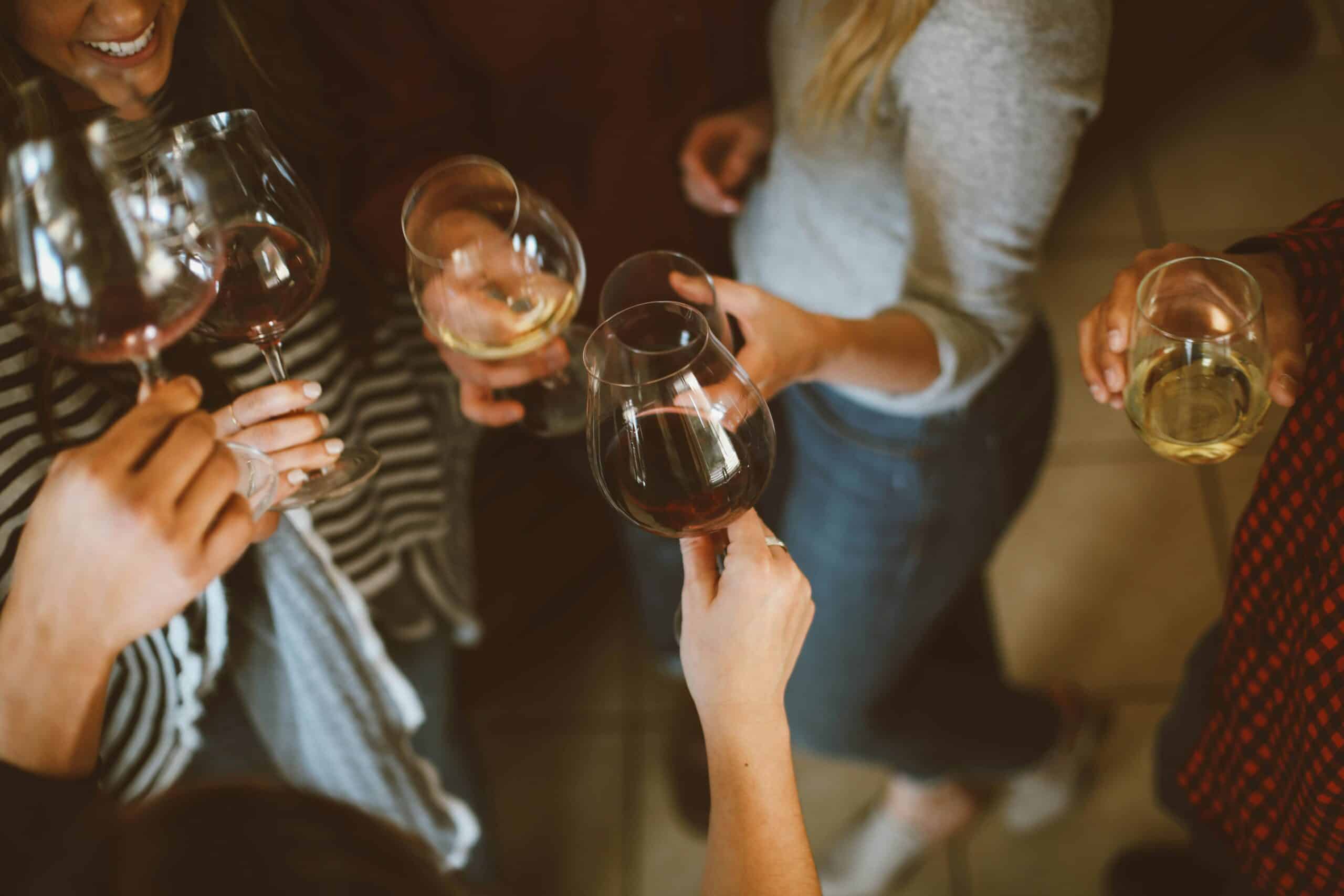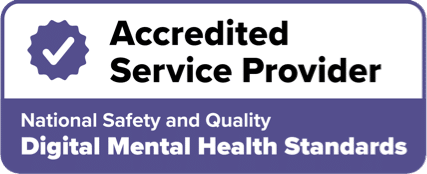
Doing Dry July? Beware of Blow-Out August
It’s human nature to want what we can’t have. When we feel we’re being denied pleasure or our freedoms are restricted, it can amplify desire for the forbidden.
For many people thinking about giving up alcohol in July, it’s a chance to work on their health and fitness and create a circuit breaker to reset drinking habits.
On the flip side, there is a risk that if approached with a deprivation mindset, Dry July can quickly turn into Blow-Out August.
In my work, I often see people who embark on month-long abstinence challenges and just grit their teeth, waiting until they can drink again. Sometimes, that leads to epic binges as a “reward” for surviving the month.
While any break from alcohol is great for the body and mind, if the end result is returning to habits worse than before, it can wipe out benefits if your aim is long-term change.
It’s one of the reasons fad diets generally don’t work. A period of calorie deficit and restrictive eating doesn’t engender the kind of healthy habits that can be applied to everyday living.
People often feel like they’ve failed when the diet comes to an end. They might have one slice of cake and be so gripped with guilt they have three more.
Renowned neuroscientist, Marc Lewis, talks about willpower as a finite resource. It’s governed by the prefrontal cortex – the thinking part of the brain. Lewis says that trying to enact change through willpower alone, uses up so much mental energy that it fatigues this part of brain, eventually giving in to the urge to drink.
There is a scientific term for this – abstinence violation syndrome. When you violate your goals, your brain codes it as a failure, leading to demotivation and ultimately, a return to the behaviour you’re trying to change.
Psychologists also call it the “stuff it” effect. Or in simple terms, having a beer after a period of abstinence, feeling like a failure, then saying, “stuff it, I might as well drink a whole slab.”
Taking a month off drinking can provide a range of short-term benefits, including better sleep, improved concentration, mood and liver function, and boosted energy levels.
Those who are even moderately dependent on alcohol should talk to their GP first, and anyone who is heavily dependent should never stop cold turkey. If you’ve found you can’t get through a month without drinking, you might fall into one of these categories.
But for the 90 per cent of drinkers who are not dependent, focusing on all that you gain – rather than what you perceive you’re missing out on – can make it less likely you’ll over-indulge when the month is over.
And if you decide to return to drinking, give yourself some grace if old habits prove hard to shift. An evaluation from febfast showed more than 30 per cent of participants didn’t make it through the whole month without drinking.
To fundamentally reshape your relationship with alcohol, it’s important to first understand why and when you drink. Often, it’s become such an engrained part of a person’s routine, they act on autopilot.
They may have made unconscious associations between alcohol and certain situations – whether as a reward or celebration, or to cope with stress.
One of the most effective ways to make these links more transparent is to ask yourself some probing questions.
When do I feel like drinking the most? What do I get from drinking? Do I spend time drinking alone?
Another helpful tool is to track your drinking – monitoring how much you consume in a week or on any given occasion, and keeping a tally of alcohol-free days.
Having a cheer squad as you try to make changes is also critical. Explain to friends, family and colleagues why you’re examining your drinking habits, and ask for their support.
This is something that the people who join Hello Sunday Morning’s Daybreak community – a digital meeting place that includes a drinks tracker and other resources – find invaluable.
It’s worth remembering that alcohol is not only a highly addictive drug, it has become such a normalised part of our culture that opting out, even for a short period, can be challenging.
The sense of not being alone and being part of an online peer support network of non-judgemental people navigating similar journeys is a game changer for many.
If you’re thinking of going dry this July, be conscious of all-or-nothing thinking. Changing long-term behaviour requires time, patience and perseverance.
Progress is not always linear. And if it takes longer than a month, that’s perfectly normal.
Don’t give up at the first slip-up. Be kind to yourself and keep going.











This is a great article and backs up a lot of what Annie grade says in her naked mind online modules.